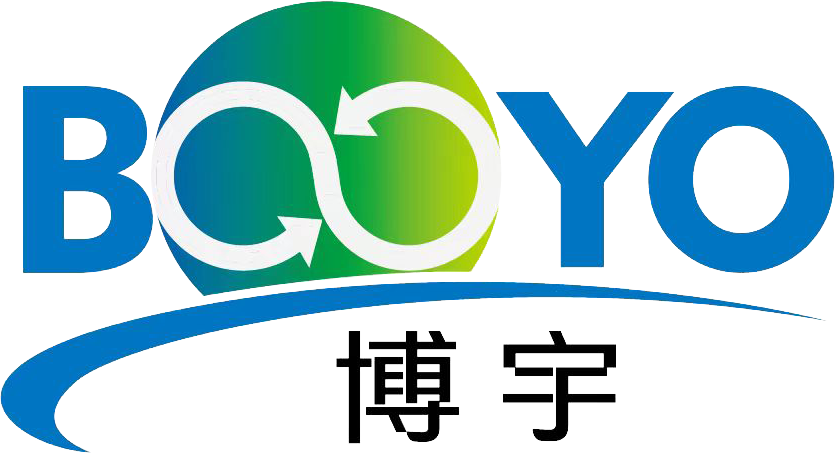
Our News
Find out about our latest news here.
Latest News
- ▶ Plate Type vs. Tubular Air Preheater: A Comprehensive Comparison
- ▶ The key role and advantages of spiral plate heat exchangers in coke oven projects
- ▶ Development and Innovation of Heat Exchange Technology in the Coking Industry | Shandong Boyu Heavy Industry Technology Group Solutions
- ▶ Technical Specifications for HRSG Boiler Engineering
- ▶ Spiral Plate Heat Exchanger Production Manual
- ▶ Tube-in-Tube Coaxial Heat Exchanger by Boyu Industrial: A High-Performance Solution for Viscous Fluids and High Pressures
Message
Introduction to Oil-Fired Heaters
Oil-fired heaters are widely used in both residential and industrial applications due to their efficiency and reliability. These heaters use oil as a fuel source to generate heat, making them ideal for areas with limited access to natural gas or electricity. Whether for heating homes, factories, or commercial spaces, oil heaters offer a versatile and powerful solution.
What Are Oil-Fired Heaters?
An oil-fired heater is a device that burns oil to produce heat for various applications. Commonly used in industrial processes, such as heating in refineries or chemical plants, and residential homes in colder climates, these heaters provide consistent warmth. They can be divided into two primary categories: forced-air oil heaters and radiant oil heaters, both of which offer distinct benefits based on their design and intended usage.
Key Benefits of Oil-Fired Heaters
High Efficiency
Oil-fired heaters are known for their excellent efficiency in heating spaces, particularly in large buildings or industrial sites. Unlike electric heaters that can be costly to run, oil heating systems often provide more cost-effective solutions over the long term.Reliable Performance
When maintained properly, oil-fired heaters provide reliable performance throughout the year. Their durability makes them a preferred choice in both domestic and industrial settings.Energy Independence
Oil heaters allow users to be less dependent on natural gas and electricity, which can be unreliable in certain areas. This energy independence makes oil-fired heaters a valuable option in remote locations or during power outages.Long Service Life
Properly installed and maintained oil-fired heaters can last for decades, offering exceptional value. The robust design and high-quality materials ensure that these heaters continue to operate efficiently over an extended period.
Applications of Oil-Fired Heaters
Oil-fired heaters are used in a wide variety of applications:
- Residential Heating: In colder regions, oil heaters are used to warm homes efficiently. They are often preferred when natural gas is not available.
- Industrial Heating: Factories, warehouses, and other large industrial buildings use oil heaters to maintain temperature control in production areas.
- Hot Water Generation: Oil-fired heaters can also be used for generating hot water in commercial settings such as hotels and restaurants.
Maintenance Tips for Oil-Fired Heaters
To keep your oil-fired heater running efficiently and avoid costly repairs, regular maintenance is essential. Here are some key maintenance tips:
Check the Oil Supply Regularly
Ensure that the oil tank is sufficiently filled and that there are no leaks. Inspect the fuel lines for any signs of damage or wear.Clean the Burner and Filter
Periodically clean the burner to prevent soot buildup, which can cause the heater to operate inefficiently. Also, check the filter for clogs that could reduce airflow.Inspect the Chimney or Exhaust Flue
A clean and clear exhaust system ensures that smoke and gases are vented properly, preventing carbon monoxide buildup inside your space.Schedule Professional Inspections
Have a professional technician inspect the heater at least once a year. A technician can perform essential checks, such as assessing the thermostat’s accuracy and ensuring the system is running efficiently.
Why Choose Oil-Fired Heaters?
Oil-fired heaters offer several advantages, including low operational costs, reliable performance, and flexibility in various environments. These systems are especially beneficial in areas with colder climates or limited access to alternative energy sources. With proper maintenance, oil-fired heaters can provide years of efficient heating and are a smart investment for both residential and industrial applications.
Conclusion
Oil-fired heaters are an excellent choice for efficient and reliable heating. Whether for residential or industrial purposes, these systems provide long-lasting performance and cost savings. Regular maintenance ensures optimal efficiency, making oil-fired heaters a practical solution for your heating needs.
PROFESSIONAL CONSULTATION
If you are interested in our products and want to know more details, please leave a message here, we will reply you as soon as we can.